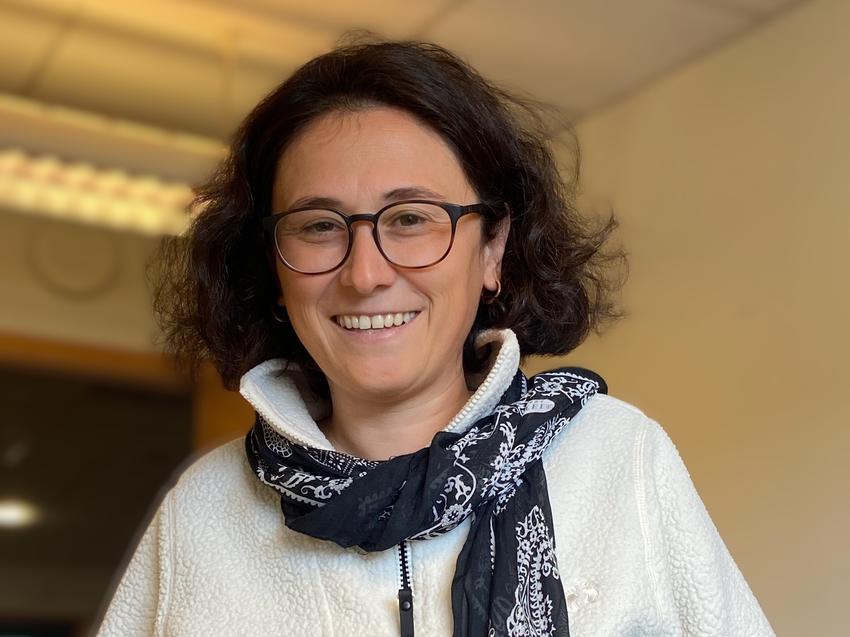It’s International Women in Engineering Day on Sunday 23 June and to celebrate we’re launching a series of interviews with some of our talented women engineers from around the world. We’ll be releasing more shortly, but first up, an interview with Nejla Yildiz Helvacioglu, a design and project engineer at Keller Sweden…

Hi Nejla. Can you tell us how you got into engineering?
I grew up in Turkey in a family that was involved in construction and engineering, so that was the main spark for my early interest. Then, when I was at high school, subjects like math and science added to my interest. From there, I studied civil engineering at Middle East Technical University, one of the best universities in the country, followed by a master’s in geotechnical engineering.
Why did you choose geotechnical engineering specifically?
One of my professors played a significant role in my decision. She was a role model and inspired me through her passion and expertise in the field. I thoroughly enjoyed her geotechnical courses and I was motivated to follow in her footsteps.
What do you like about working for Keller?
I’ve been with Keller Sweden for two years now and enjoy working with a diverse team of professionals from all over the world. I also feel supported all the time in terms of my education and training; I’m continuously learning new techniques and have an open career path.
What’s the best part about being an engineer?
Each project is unique, requiring innovative solutions tailored to specific site conditions. Additionally, I find great satisfaction in knowing that my work contributes to creating safe and sustainable infrastructure that benefits communities. It’s amazing to go over a bridge you were involved in the construction of.
Have you got a favourite project that you’ve worked on?
I would like to say it’s the Södertälje canal and lock project, which is one of the biggest and most prestigious projects in Scandinavia. Keller is completing the foundation works for the major reconstruction of the lock, which is located around 30km south west of Stockholm City. It’s being totally rebuilt, with the existing bridge replaced by a new moveable one and the canal enlarged. I got involved last October and I’m still involved. There have been a lot of challenges but we have a great team on it.
What would you say is the most challenging part of your job?
The lack of female representation and mentorship within the industry. It can sometimes feel isolating to be one of the few women in a room. However, this has also driven me to seek out and build strong networks and support systems with other women in engineering, both within my organisation and through professional societies.
What do you hope to see for women in engineering in the future?
I hope to see a more inclusive and supportive environment. This includes increasing the representation of women at all levels, from entry-level positions to leadership roles.
Who inspires you in your career and personal life?
As a Turkish woman, my answer is Mustafa Kemal Atatürk, the founder of the Turkish Republic. Atatürk is not only a pivotal historical figure but also a profound role model for me. His efforts to reform education and promote equal opportunities for all citizens, regardless of gender, have paved the way for many, including myself, to pursue careers in fields traditionally dominated by men.